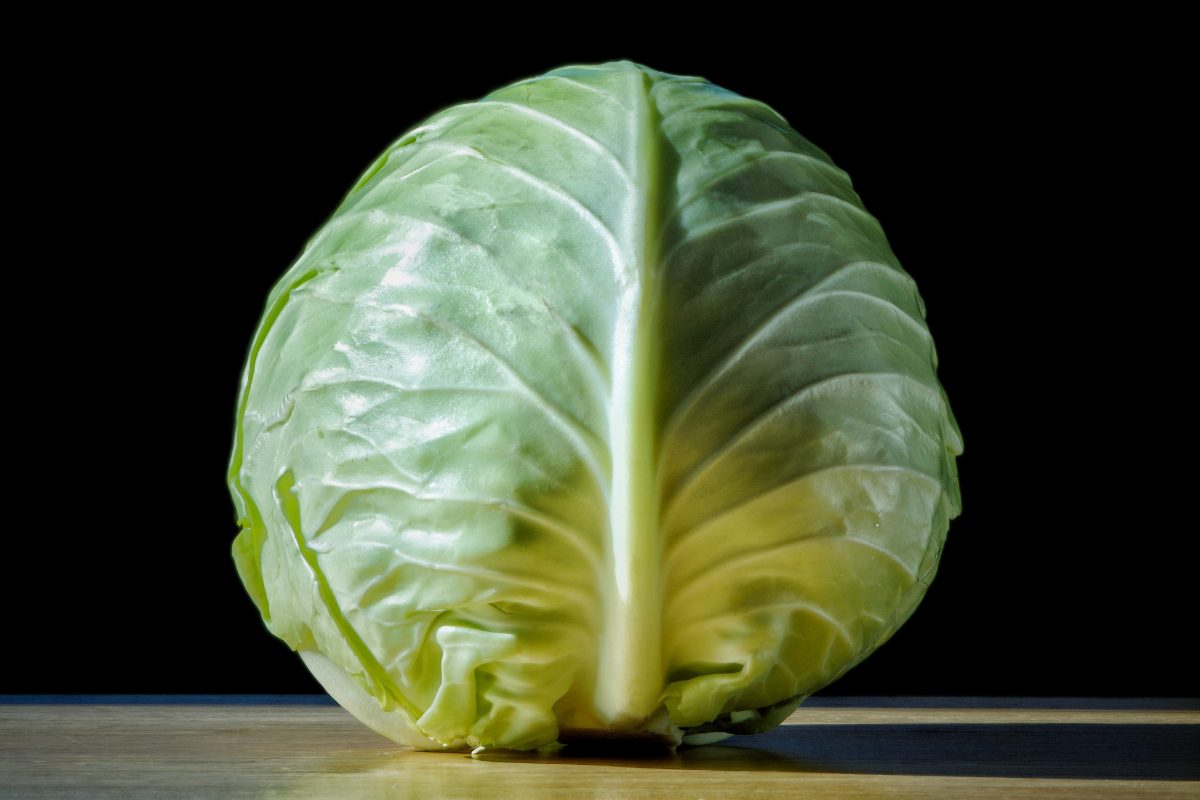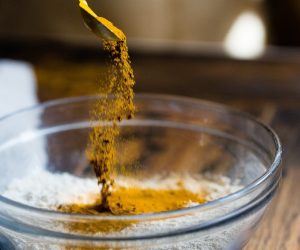
Study Claims Eating Vegetables Lower COVID-19 Death Rates
Sally Robertson, B.Sc. via News-Medical – A preliminary study by researchers in Europe claims that coronavirus disease 2019 (COVID-19) mortality rates may be lower in countries where people consume high amounts of cabbage and cucumber.
The findings lend support to two other studies published earlier this year that were headed by the same lead researcher, Jean Bousquet, from Charité, Universitätsmedizin Berlin.
The first study reported that COVID–19 mortality rates seemed to be low in countries with high consumption of traditional fermented foods. At the same time, the second narrowed down the beneficial food type to fermented vegetables.
The authors had proposed that this protective effect may be associated with the antioxidant activity of the foods acting on insulin resistance since many vegetables have been shown to have antioxidative effects against diabetes and cardiovascular disease.
For the current study, the team hypothesized that a high intake of antioxidant-rich Brassica vegetables such as broccoli, cauliflower, and head cabbage (white, red, and savoy cabbage) might be associated with the low COVID-19 mortality seen in some countries.
“Now, Bousquet and colleagues say the “the negative ecological association between COVID-19 mortality and the consumption of cabbage and cucumber supports the a priori hypothesis previously reported.”
The team recommends testing the hypothesis further by conducting individual studies in countries where a high vegetable intake is typical.
A pre-print version of the paper is available on the server medRxiv*. A pre-print paper is a preliminary report that is yet to be evaluated by the scientific community. This means the information presented may be erroneous and should not be regarded as conclusive or established information. It will be interesting to see if this paper passes the peer review process and gets published.
Striking Geographical Variation in COVID-19 Mortality
Since the COVID-19 outbreak began in Wuhan, China, late last year, one striking finding has been the highly variable death rate between and within countries, say Bousquet and team.
Although many factors may be involved, diet is one potentially relevant factor that has been largely overlooked, they add.
Earlier this year, a study led by Bousquet showed that some countries with low COVID-mortality rates seemed to be ones that have diets rich in traditional fermented foods, and the team proposed that this was due to the foods’ antioxidative effects on insulin resistance.
In another pre-print paper published on 7th July, Bousquet and colleagues describe a study of the consumption of fermented vegetables, pickled/marinated vegetables, fermented milk, yogurt, and fermented sour milk.
That study claimed that of all the foods included, only the consumption of fermented vegetables had a significant effect on the COVID-19 mortality rate by country.
Investigating the Protective Effect of Brassica Vegetables
Now, for the current study, the authors proposed that “vegetables such as Brassica – with an antioxidant activity reducing insulin resistance – may also be associated with low COVID-19 mortality in countries.”
To investigate, the team used data extracted from the European Food Safety Authority (EFSA) Comprehensive European Food Consumption Database to compare the consumption of Brassica vegetables including broccoli, cauliflower, head cabbage (white, red and savoy cabbage) and leafy brassica with the consumption of spinach, cucumber, courgette, lettuce, and tomato.
Data on COVID-19 mortality were downloaded from the Johns Hopkins Coronavirus Resource Center, and the mortality per number of inhabitants was used to estimate death rates. Data downloaded from EuroStat were used to adjust for potential confounders by country, including gross domestic product, population density, the proportion of people older than 64 years, unemployment rate, and obesity prevalence.
The team reports that of all the variables and confounders considered, only the consumption of head cabbage and cucumber had any significant impact on the COVID-19 mortality rate by country.
For each gram per day increase in the amount of head cabbage consumed, the risk of dying from COVID-19 decreased by 13.6 %. For each gram per day increase in the amount of cucumber consumed, this death risk fell by 15.7%.
Which Mechanisms Might Underly the Protective Effect?
Many natural compounds derived from vegetables are potent activators of the transcription factors related to antioxidant effects such as Nrf2.
“Cruciferous vegetables such as Brassicaceae contain high amounts of sulforaphane, a potent activator of Nfr2,” say Bousquet and colleagues.
Although cucumber does not belong to the Brassicaceae family, it is rich in a compound called Cucurbitacin B that exerts anti-inflammatory and hypoglycemic effects through the activation of Nrf2, says the team.
“These results and those of the recent study on fermented foods suggest a strong link between Nrf2 and the protection against severe forms of COVID-19,” write the researchers.
“Another Piece of the Hypothesis”
“Thus, although this study is only indicative of the role of diet in COVID-19, it is however, another piece of the hypothesis proposing that some vegetables with antioxidant properties may be involved in the prevention of severe COVID-19 at a country level,” writes the team.
The researchers acknowledge that since the study was restricted to European counties, the findings cannot be extrapolated to other regions.
“The hypothesis needs to be tested in individual studies performed in countries where the consumption of vegetables is common,” they conclude.
*Important Notice
medRxiv publishes preliminary scientific reports that are not peer-reviewed and, therefore, should not be regarded as conclusive, guide clinical practice/health-related behavior, or treated as established information.
To read the original article click here.






